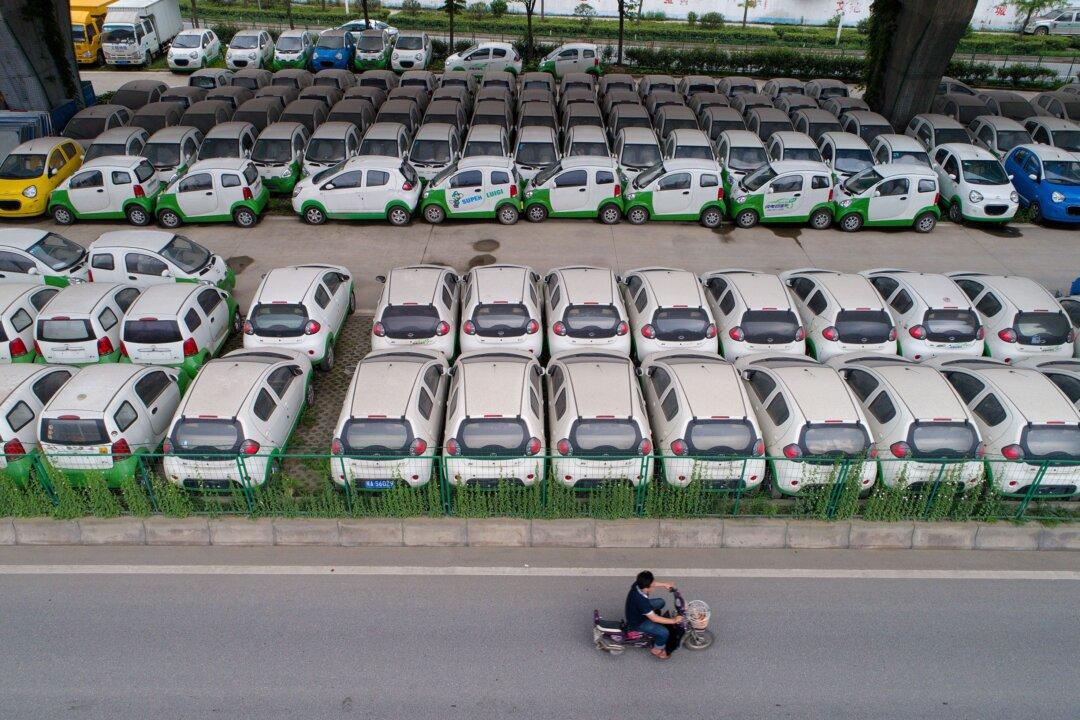Commentary
When Joe Biden and Xi Jinping met in San Francisco a few weeks back, they stressed cooperation and a dialing back of the hostility between the United States and China. It seems clear now that all the happy talk was just that—talk.

When Joe Biden and Xi Jinping met in San Francisco a few weeks back, they stressed cooperation and a dialing back of the hostility between the United States and China. It seems clear now that all the happy talk was just that—talk.